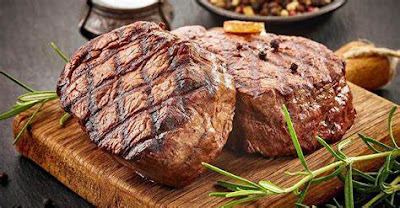The question is whether or not to eat meat, so here are some pros for it also known as the “Carnivore” diet and others.
Carnivores have been the subject of scientific study since ancient times. They are a group of omnivores whose diets predominantly consist of plant foods, with limited amounts of animal-based foods.
This means they consume large quantities of carbohydrates but very little protein. As a result, their bodies use up all available energy, including the carbs consumed. Because this occurs without them having to stop working or gaining weight in their body, they should be able to sustain long periods without needing much or any rest food. This has led many experts to consider those who follow a carnivore-based diet to be healthier than most other types of people for several reasons. However, while some studies suggest that certain kinds of animals may be healthier for human health, others indicate otherwise. One study that looked at the effects of different diets on cardiovascular disease found that vegetarians had an increased risk of heart attacks and strokes compared to people that ate meat. Another study, which followed nearly 30,000 women over four decades, found that eating mostly vegetarian and vegan diets was significantly associated with lower mortality rates, but this relationship disappeared when people’s age increased. 
Another study looked at mortality from stroke and heart attacks in middle-aged men and women. Researchers found that participants who ate more fatty, fried foods were much more likely to get heart attacks, strokes, and other fatal causes of death. Although not all researchers agree with this finding, it may imply that if a person consumes a diet full of foods that contain fat, then they will be at greater risk for a wide range of lifestyle-related illnesses, particularly those that cause premature death. So while there is no absolute advantage to eating a carnivore diet, there are some benefits to doing at least a bit more so that you can eat healthily.







Comments
Post a Comment